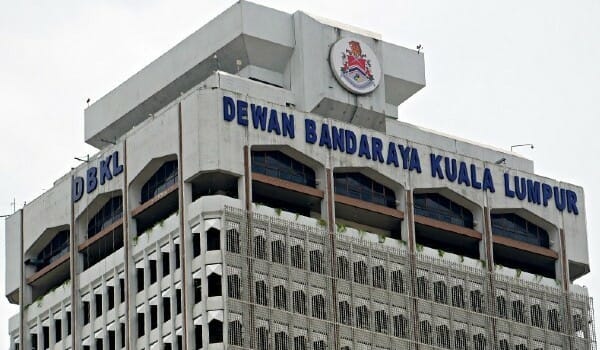The Kuala Lumpur City Hall (DBKL) intends to relocate traders operating under the Free Trade Zone (WBB) initiative either to hawker centres or market buildings it owns. This comes after several hawkers associations complained about the messy situation along sidewalks that are currently being occupied by these stalls.
In a statement issued, DBKL said this was to ensure business activities run under the initiative did not cause disturbances to pedestrians and the flow of traffic.
It said enforcement action was also being taken against those who caused obstructions or littered in public spaces.
“It is an offence for which enforcement action can be taken against WBB traders who carry out business activities in unauthorised locations,” read the statement.
The WBB initiative, launched on November 10, 2020 to help those who had lost income due to the Covid-19 pandemic, has been extended until June 30 this year.
According to the statement, a total of 670 seizures have been carried out against hawkers who caused obstructions and pollution in public places around Kuala Lumpur throughout 2021, while 1,396 enforcement actions were taken in 2022 to ensure compliance with the set licensing conditions.
“The action (by local authorities) has been misunderstood by the public who think it is a persecution and oppression of traders, instead, action has been taken to resolve public complaints and disturbances arising from the traders that have caused discomfort to the public,” it said.
Meanwhile, it said for petty trading activities involving foreigners, a total of 7,970 immediate seizures were made throughout 2021, and 15,724 in 2022.
DBKL said that engagement sessions were also held with stakeholders to obtain a holistic solution on hawkers doing business along sidewalks.
“This is because it involves social issues, the income of hawkers and their development, which should go hand in hand with current and future needs.
“The attitude and mindset of the community and traders need to be more open to accepting changes in the future (if all traders are required to do business in buildings) to ensure that aspects of control and management can be implemented systematically and effectively as has been implemented by our neighbouring country (Singapore),” it said.









